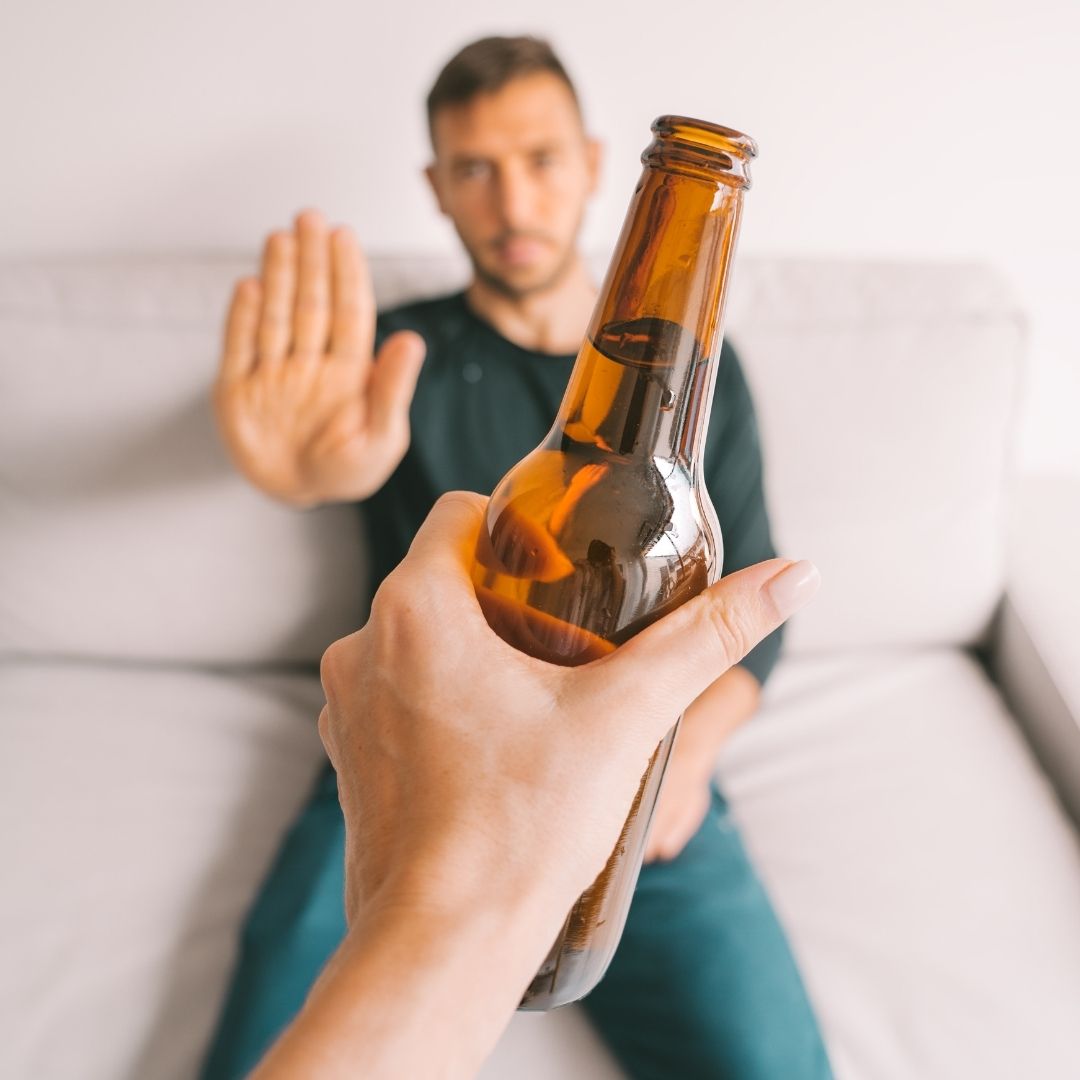What You Need to Know About Effexor Addiction
Effexor (venlafaxine) is an antidepressant that helps people struggling with anxiety and depression. But here’s the catch: if misused, it can lead to effexor addiction—a serious condition that can make quitting incredibly difficult. And when mixed with alcohol, the risks skyrocket.
If you or someone you know is taking Effexor and drinking alcohol, it’s time to understand the dangers before it’s too late. This guide will break down everything you need to know, from symptoms of addiction to the safest ways to recover.

What Is Effexor?
Effexor is a serotonin-norepinephrine reuptake inhibitor (SNRI). That’s a fancy way of saying it helps regulate mood by increasing serotonin and norepinephrine levels in the brain. It’s often prescribed for:
- Major depressive disorder (MDD)
- Generalized anxiety disorder (GAD)
- Social anxiety disorder (SAD)
- Panic disorder
While Effexor is effective, long-term use or misuse can lead to dependency and withdrawal symptoms, which is where effexor addiction comes into play.
Why Do People Get Addicted to Effexor?
Most people don’t take Effexor intending to get addicted. It usually happens when:
- They develop tolerance, meaning they need more of the drug for the same effect.
- They experience withdrawal symptoms when they try to stop.
- They self-medicate, increasing their dosage without a doctor’s approval.
Signs of effexor addiction include:
- Taking higher doses than prescribed
- Experiencing withdrawal symptoms when missing a dose
- Using Effexor with alcohol or other drugs
- Feeling like you can’t function without it

The Risks of Mixing Alcohol and Effexor
Alcohol is a depressant, and Effexor is an antidepressant. When mixed together, they create a chemical war in your brain. This battle leads to severe side effects, including:
- Increased depression and anxiety – Alcohol cancels out Effexor’s effects, making symptoms worse.
- Extreme drowsiness – You may feel overly tired or confused.
- Higher risk of overdose – Effexor alone can cause high blood pressure and heart issues. Alcohol worsens these effects.
- Memory loss – Mixing the two can make blackouts and cognitive issues more likely.
The Risks of Mixing Alcohol and Effexor are severe, and it’s crucial to avoid combining these substances.
How to Recognize Effexor Addiction
Think you might be struggling with effexor addiction? Here are the warning signs:
- Taking Effexor even when it’s no longer prescribed
- Feeling like you need it to function
- Experiencing intense withdrawal symptoms like nausea, dizziness, or brain zaps
- Using alcohol or other substances to cope with side effects
If any of these sound familiar, it’s time to seek help.
How to Safely Quit Effexor
Quitting cold turkey is NOT the answer. Effexor withdrawal can be brutal. The safest way to stop is through medically supervised tapering, where a doctor gradually lowers your dose to reduce withdrawal symptoms.
A professional Addiction Recovery program can provide a structured plan to help you transition off the medication safely and comfortably.
Effective Treatment Options for Effexor Addiction
Struggling with effexor addiction doesn’t mean you’re stuck. There are several treatment options available, including:
1. Addiction Treatment Programs
Professional Addiction Treatment programs offer medical supervision, therapy, and support groups to help you recover.
2. Dialectical Behavior Therapy (DBT)
How DBT Therapy in Columbus, Ohio Can Transform Your Recovery Journey teaches essential coping strategies for overcoming addiction and mental health struggles.
3. Substance Abuse Group Therapy
Group therapy offers a support system where you can share experiences and learn from others. How Substance Abuse Group Worksheets Can Transform Your Recovery Journey can help you develop essential skills for managing addiction.
4. Using Recovery Worksheets
Addiction Worksheets help individuals track their progress, identify triggers, and develop relapse prevention strategies.

Trivia: Did You Know?
Effexor withdrawal is sometimes called “brain zaps” because it can cause sudden jolts in the brain, similar to electric shocks! This makes quitting without professional help even more challenging.
FAQs About Effexor Addiction
1. Is Effexor addictive?
Effexor isn’t considered a controlled substance, but it can lead to dependency and withdrawal symptoms, making it highly habit-forming.
2. How long does Effexor withdrawal last?
Withdrawal symptoms can last anywhere from a few days to several weeks, depending on how long you’ve been taking it and how quickly you stop.
3. Can I drink alcohol while taking Effexor?
No. Mixing alcohol with Effexor can lead to severe side effects, including increased depression and the risk of overdose.
4. How can I safely stop taking Effexor?
The best way to stop is through a medically supervised tapering plan, ideally in a structured rehab setting.
Take Control of Your Recovery Today
Struggling with effexor addiction can feel overwhelming, but you don’t have to do it alone. Ridgeline Recovery offers expert care and personalized treatment plans to help you take back your life.
Contact us today to start your journey toward recovery!







